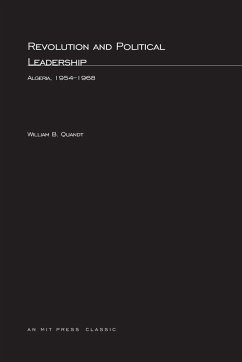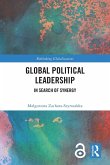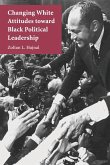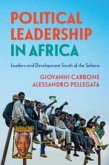Algerian political life since 1954 has been dominated by severe conflicts among the members of the political elite and by a series of crises of authority. This work examines the intraelite dissension, analyzes its consequences, and discusses the political practices that have been adopted to overcome the crises of authority caused by these divisions. The major theme stresses that the very process which led to revolution in Algeria was the one which created the deep divisions within the political elite. In pursuit of this theme the author looks at the ways in which political leaders were socialized into politics. What emerges is a picture of a discontinuous process of political socialization whereby each political generation was exposed to radically different experiences while at the same time reacting to what was widely perceived as the failure of the preceding generation to achieve its major political process has evolved to accommodate these differences in orientation or divergent patterns of political structure, whether collegial, autonomous, or concentrated under a single leader, has proved capable of providing both order and effective policy-making. Algerian elite political culture revolves around both distrust and equality, and contains a strong statist orientation as well as a populist bias. It is characterized by fundamentally inconsistent views of the role of government which include the belief in the need for a strong central state while stressing the importance of the impoverished workers and peasants. The leaders seem often to distrust each other, yet they demand equality and reciprocity in their personal relations. The author amply demonstrates the considerable hostility and mistrust, the defections and the alienations. The crisis of 1962, the political structures formed after Ben Bella's rise to power, and the experiences of the Boumedienne regime illustrate the process of elite transformation and clarify the consequences of the Algerian revolution.
Hinweis: Dieser Artikel kann nur an eine deutsche Lieferadresse ausgeliefert werden.
Hinweis: Dieser Artikel kann nur an eine deutsche Lieferadresse ausgeliefert werden.








